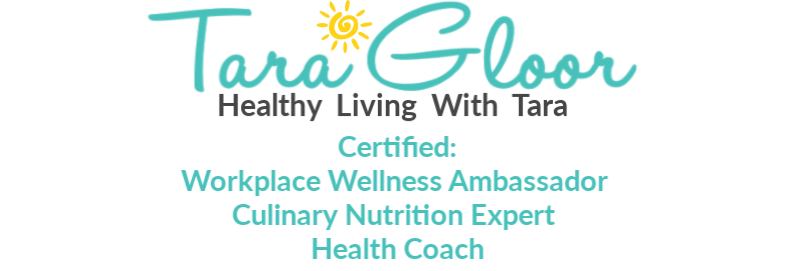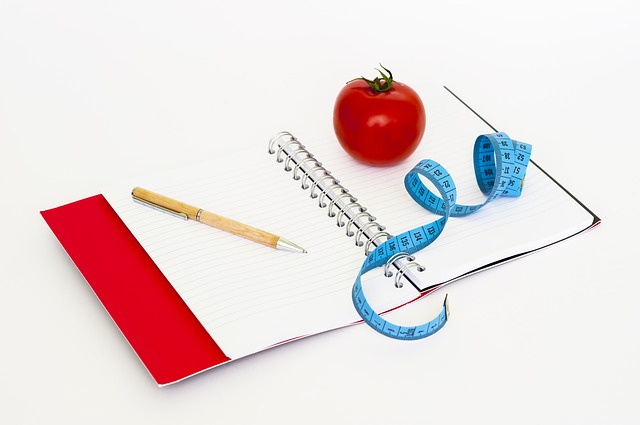When it comes to weight loss, slow and steady wins the race. Focusing on small simple changes makes healthy eating more manageable and sustainable over the long term.
Click here to find a list of healthy ingredient swaps!
These ingredient swaps not only help with weight loss, but they also add more nutrients to your diet.
Berries
Strawberries, raspberries, blueberries, and blackberries are all packed with powerful antioxidants & vitamin C. They are also an excellent source of fiber, and help boost your immune system. Try and buy organic when possible. Berries are heavily sprayed with pesticides and still contain these pesticides even after washing.
Zucchini
If you’re looking for a versatile veggie, look no further than zucchini squash (courgette). You can enjoy it raw or cooked. Zucchini keeps the heart strong, helps with weight loss, improves eye health, strengthens teeth & bones, helps lower cholesterol, & improves your overall health. Have you ever tried zucchini noodles? They are a staple in my house (even my teenage daughter loves them). Click on this link to learn how to spiralize your zucchini creating your pasta substitute.
Even though spiralizers are all the rage, you can use a knife, peeler, or a mandolin.
Try and buy organic when possible, look for a sticker beginning with the number 9.
Cauliflower
Cauliflower can be considered a superfood, it helps fight cancer, it boosts heart health, is anti-inflammatory, is rich in vitamins, minerals, antioxidants & phytonutrients, it boosts brain health, it can aid in detoxification, is a great source of fiber, and is so versatile. If you don’t have time to prepare a cauliflower, you can now buy it already chopped. It’s called “riced cauliflower” available at Trader Joe’s for those in the United States. Cauliflower also makes a great pizza bottom.
Mushrooms
Mushrooms are loaded with antioxidants and immune boosting properties. They help with weight management as they are hearty and filling. Mushrooms are also a great source of vitamin D. Did you know that mushrooms actually produce their own vitamin D? If you leave them outside with their bum in the sun, they will create more vitamin D. A Portobello mushroom is also a great substitute for bread in a sandwich or a burger.
Almond Milk
Almonds help prevent heart disease, support healthy brain function, maintain skin health, help to control blood sugar, help digestive health, fight inflammation, and they are the perfect snack. If you can try making it at home….here is a short video showing you how to make almond milk.
Many of the recipes call for a cheesecloth; I get in a bit of a mess with cheesecloths, so I like to use a nut milk bag. You can find them here on Amazon.
Avocado
Great news for avocado lovers (I’m one of them). Avocados contain vitamin K, B6, & C, fiber, potassium, folate, & copper. As much as I adore avocados, it’s frustrating when you’re so looking forward to eating one and it’s either rock hard or mushy. Watch this short video and learn how to find the ‘perfect’ avocado.
Beans
Beans are the least expensive source of protein, especially when compared to fresh meat. Aside from protein, complex carbs and fiber, beans contain a powerhouse of nutrients including antioxidants and vitamins and minerals, such as copper, folate, iron, magnesium, manganese, phosphorous, potassium, and zinc. If you have time, soak your beans in water overnight as this helps with digestion.
Greek Yogurt
Greek yogurt has twice as much protein as regular yogurt, and contains probiotics. These healthy bacteria helps promote a healthy gut. Please make sure you read the labels and look at the sugar content. Here is a guide from Dr. Oz – Consumers Guide to the Best Greek Yogurt.
Collard Greens
Collard greens are part of the cabbage family, and are low in calories, high in fiber, help fight cholesterol, and are loaded with multiple nutrients with anticancer properties. If you can, buy organic as they are heavily sprayed, and even after a thorough rinsing, the pesticide residue remains on the leaves.
Oats
Oats are a good source of fiber, vitamins, minerals, and antioxidants. They also help to lower blood sugar and cholesterol levels. Oats are naturally gluten free, but if you have Celiac disease, or are gluten sensitive, always look for oats that say ‘gluten free’ – this is a safer option, but not always guaranteed due to cross contamination with wheat. Oats are often processed in the same facilities as other grains. Something to consider!
Kale
Kale is low in calories, high in fiber and iron, loaded with vitamins A, C, & K, has powerful antioxidants, is anti-inflammatory, and is high in calcium. Not to mention it’s great for keeping your liver in tip top shape, which helps us detoxify. If possible, try and buy organic kale to avoid ingesting the pesticide residue.
Bananas
Bananas are a healthy source of fiber, potassium, vitamin B6 & C. They can also help with heart and digestive health. Click here to learn how to find the perfect banana.
Just remember, it’s not all-or-nothing! Aim to eat healthfully most of the time.
I would love to hear about your favourite swaps.
Thanks for reading, and keep well!



